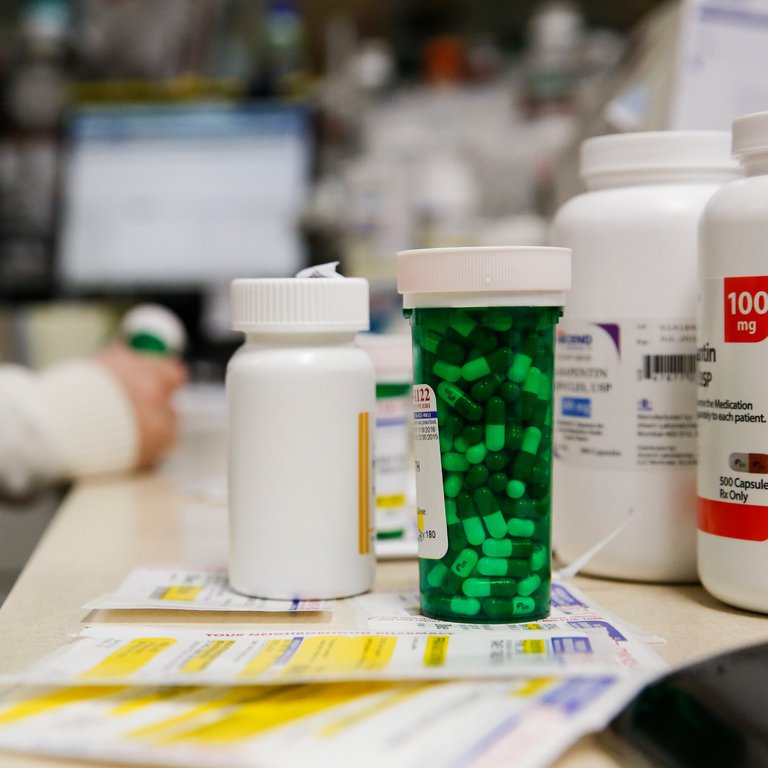Big Pharm companies pay $6 billion per year to try and convince consumers to ask their doctor to subscribe certain prescription drugs. However, a recent study finds the drugs promoted in these ads are not any better than drugs that are not advertised, and sometimes are worse. They often aren’t intended as first-line therapies, deliver little value to patients or have more side effects than other equally effective treatment. Drug companies counter with,” Consumer advertising has shown to help patients by raising disease awareness, removing stigma from certain conditions, promoting adherence to medicine and encouraging important conversations between patients and their doctors,” according to Sarah Ryan, public affairs representative from trade group PhRMA.



